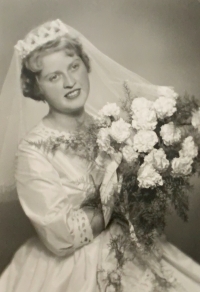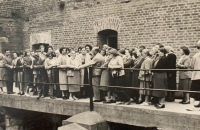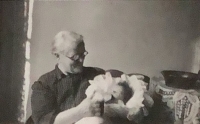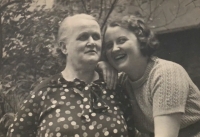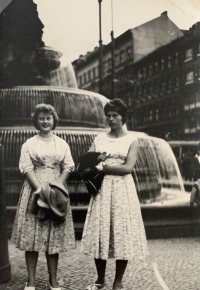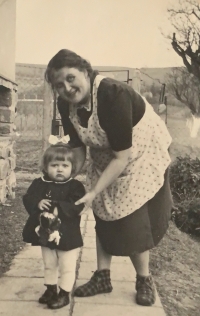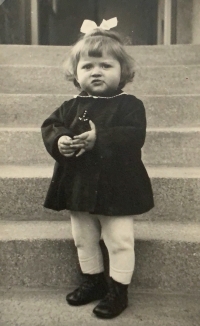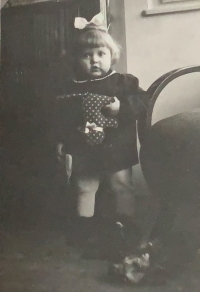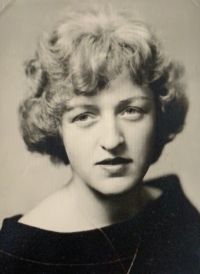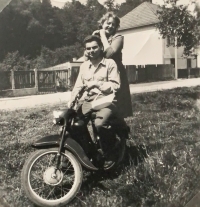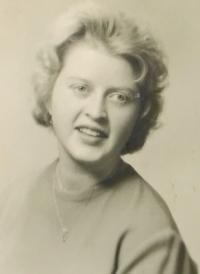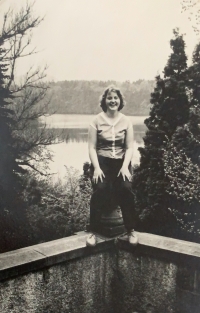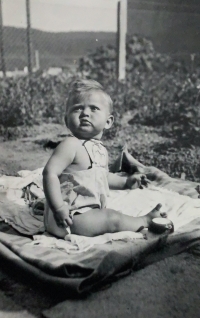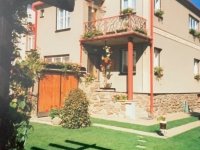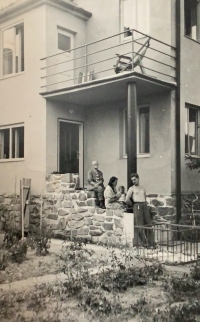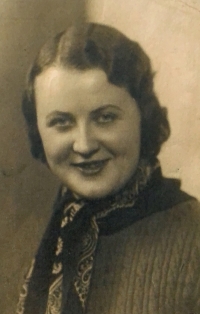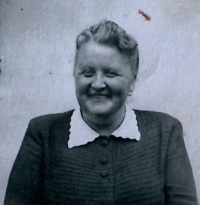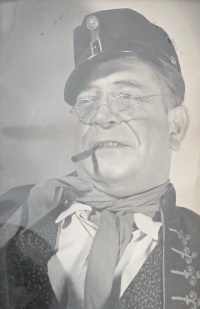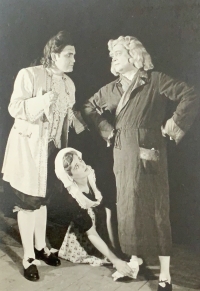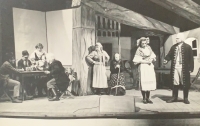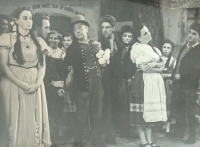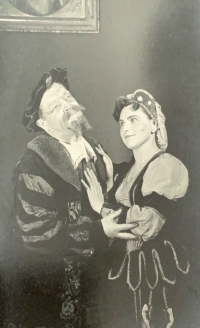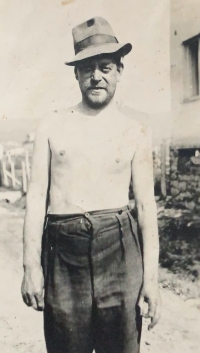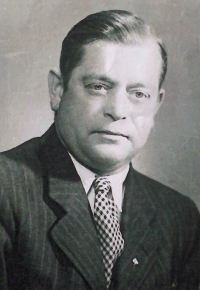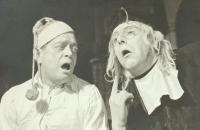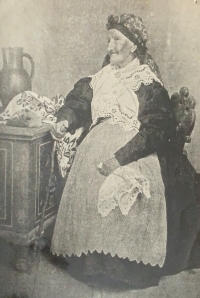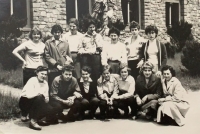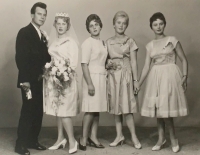The war affected my whole life. When I talk about it, I don’t feel good
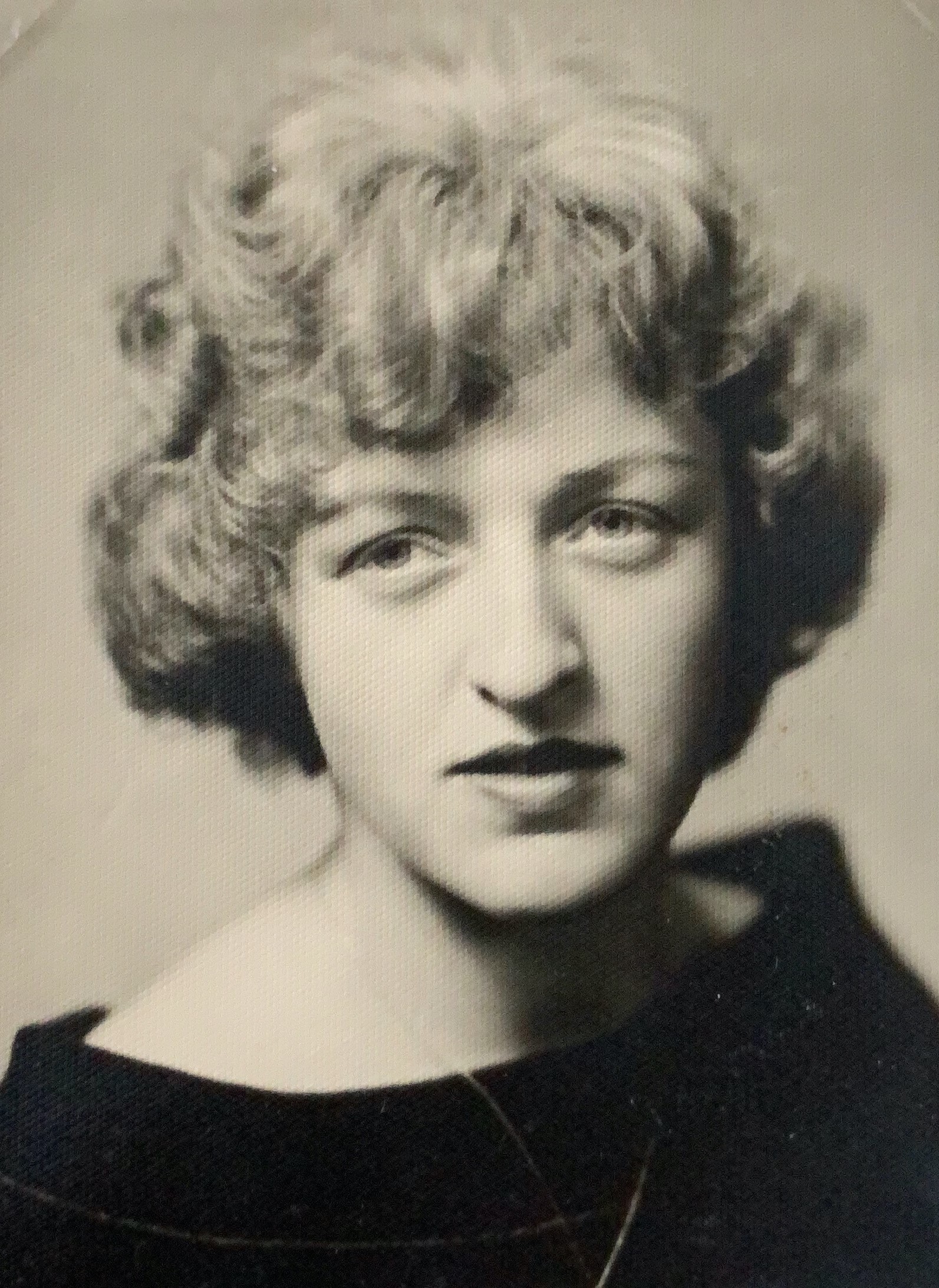
Download image
Alena Hudcová, née Kudláčková, was born on December 31, 1941 in Brno. In 1942 she moved to Veverská Bítýška with her mother Emília and her father Jaroslav. She remembers the shelling of Bítýška and neighboring Kuřim, during the liberation she was hiding with her parents in cellars and underground shelters. In the revolutionary year of 1948, she entered the first year of primary school. Around 1950, the Communists sent her father to the Rosice-Oslavany coal mines. After primary school, Alena worked as a draftswoman and then in the Rico company in Bítýška. In 1960 she participated in 2nd national Spartakiad in Prague. In the first half of the 1970s, she took a job in Kovo, where she stayed until her retirement (1996) and in which she also experienced the events of November 1989. At the time of filming the interview (2021), Alena Hudcová lived in Veverská Bítýška.
